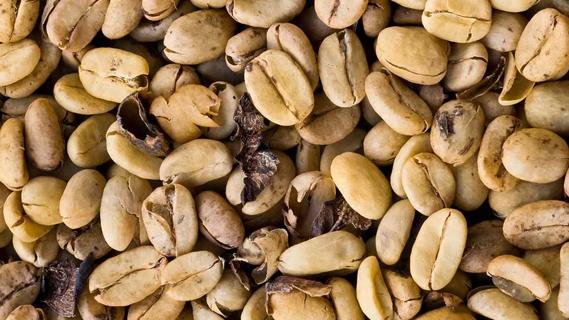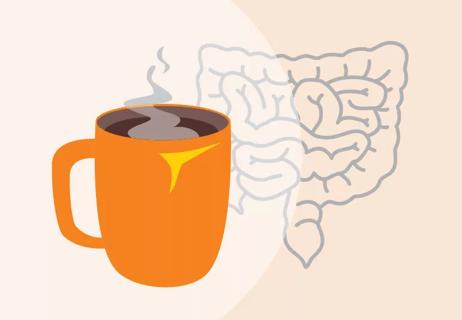The caffeine and natural acids in coffee may trigger acid reflux, but there are ways to lessen the effects

If your morning coffee seems to brew up a little acid reflux, you’re not alone. It’s a common (and uncomfortable) side effect.
Advertisement
Cleveland Clinic is a non-profit academic medical center. Advertising on our site helps support our mission. We do not endorse non-Cleveland Clinic products or services. Policy
But that doesn’t necessarily mean you need to give up your cup o’ joe. A few simple adjustments may be all you need to avoid heartburn, explains registered dietitian Beth Czerwony, RD, LD.
Coffee can rev up heartburn in several ways. That includes:
To avoid acid reflux from coffee, you don’t necessarily have to stop drinking coffee. (Whew, right?) Czerwony says tweaking your coffee-drinking routine in the following ways may be enough to keep heartburn away.
Advertisement
The type of coffee you drink can make a difference, too, says Czerwony. Try these lower-acid options to keep acid reflux off your radar:
If you’ve made some adjustments to your coffee routine, but heartburn continues to be a problem, talk with a healthcare provider. They may have some suggestions to help you find relief.
Bottom line? You have options other than just dealing with the pain and discomfort of heartburn after sipping on a coffee.
“Small changes may allow you to continue drinking coffee without paying a price later,” encourages Czerwony. “Sometimes, doing things just a little differently can make a huge difference.”
Advertisement

Sign up for our Health Essentials emails for expert guidance on nutrition, fitness, sleep, skin care and more.
Learn more about our editorial process.
Advertisement

Along with boosting your energy, a moderate amount of coffee can help lower your risk of Type 2 diabetes, liver disease and certain cancers

That cup of joe may help decrease inflammation and remove damaged cells in the vital organ

Coffee is made up of mostly water, but it’s the caffeine you have to look out for

There’s no evidence to prove this supplement can help with weight loss, and it may come with risks

Morning, noon or night — the best time for that cup of joe depends on you

Depending on your sensitivity to caffeine, a late-night cup may be just fine

It’s fine for most, but it can worsen heartburn and ulcers if you’re prone to them

Coffee is better (and safer) ingested than injected

Even small moments of time outdoors can help reduce stress, boost mood and restore a sense of calm

A correct prescription helps your eyes see clearly — but as natural changes occur, you may need stronger or different eyeglasses

Both are medical emergencies, but they are very distinct events with different causes